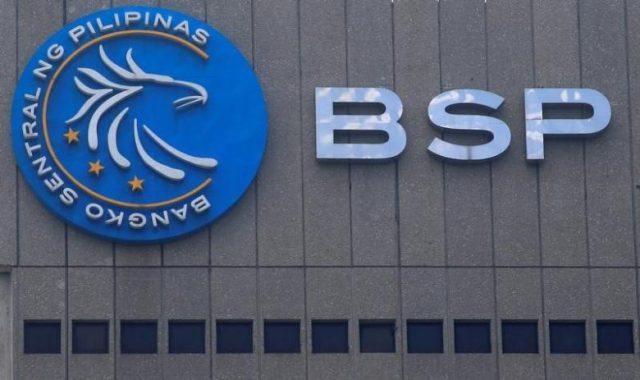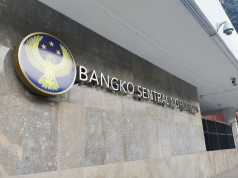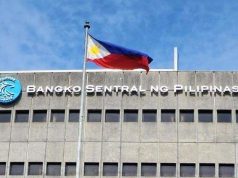MANILA – The central banks of the Philippines and Thailand have signed a cooperation deal on banking supervision, as the two nations are currently in talks for cross-border banking.
In a statement, the Bangko Sentral ng Pilipinas (BSP) said Governor Nestor A. Espenilla, Jr. and his counterpart Governor Veerathai Santiprabhob of the Bank of Thailand (BoT) have signed a memorandum of understanding on Sunday.
The signing ceremony was held in Bangkok.
The partnership provides for a mutual agreement on banking supervision, which will entail “greater information exchange and cooperation” in terms of licensing, on-site examinations, supervisory colleges, and crisis management.
The two central banks leverage on the Basel Core Principles for Effective Banking Supervision, which serve as the minimum standard followed by regulators in managing sound and stable banking systems. These regulatory requirements employ a “risk-based” approach in the oversight of banks and financial firms, coupled with early intervention and timely supervisory responses.
The BSP and BoT are also in the middle of negotiations for cross-border banking arrangements under the Association of Southeast Asian Nations (ASEAN) framework.
In April, heads of the two central banks signed a letter of intent to pursue a bilateral agreement under the ASEAN banking integration framework (ABIF).
Introduced in December 2014, the ABIF seeks to allow duly-identified qualified ASEAN banks to operate freely across member-economies in the region, subject to the regulations set by the host economy. The regional banking synergy is expected to unlock more opportunities for cross-border finance and regulatory cooperation, while also stoking increased intra-regional trade.
Once realized, the partnership with Thailand will be the second for the Philippines. The BSP and Bank Negara Malaysia now have an agreement in place that would allow three banks from one nation to operate in the other.
Adoption of the ABIF builds on Republic Act 10641 signed in 2014, which allowed the full entry of foreign banks in the Philippines. Prior to this amendment, only 10 foreign banks were allowed to operate in the country, with a new foreign bank only able to enter the local scene if one of the accredited offshore lenders pulled out.
The BSP is also in the middle of discussions with the Otoritas Jasa Keuangan of Indonesia for a similar ABIF deal.








